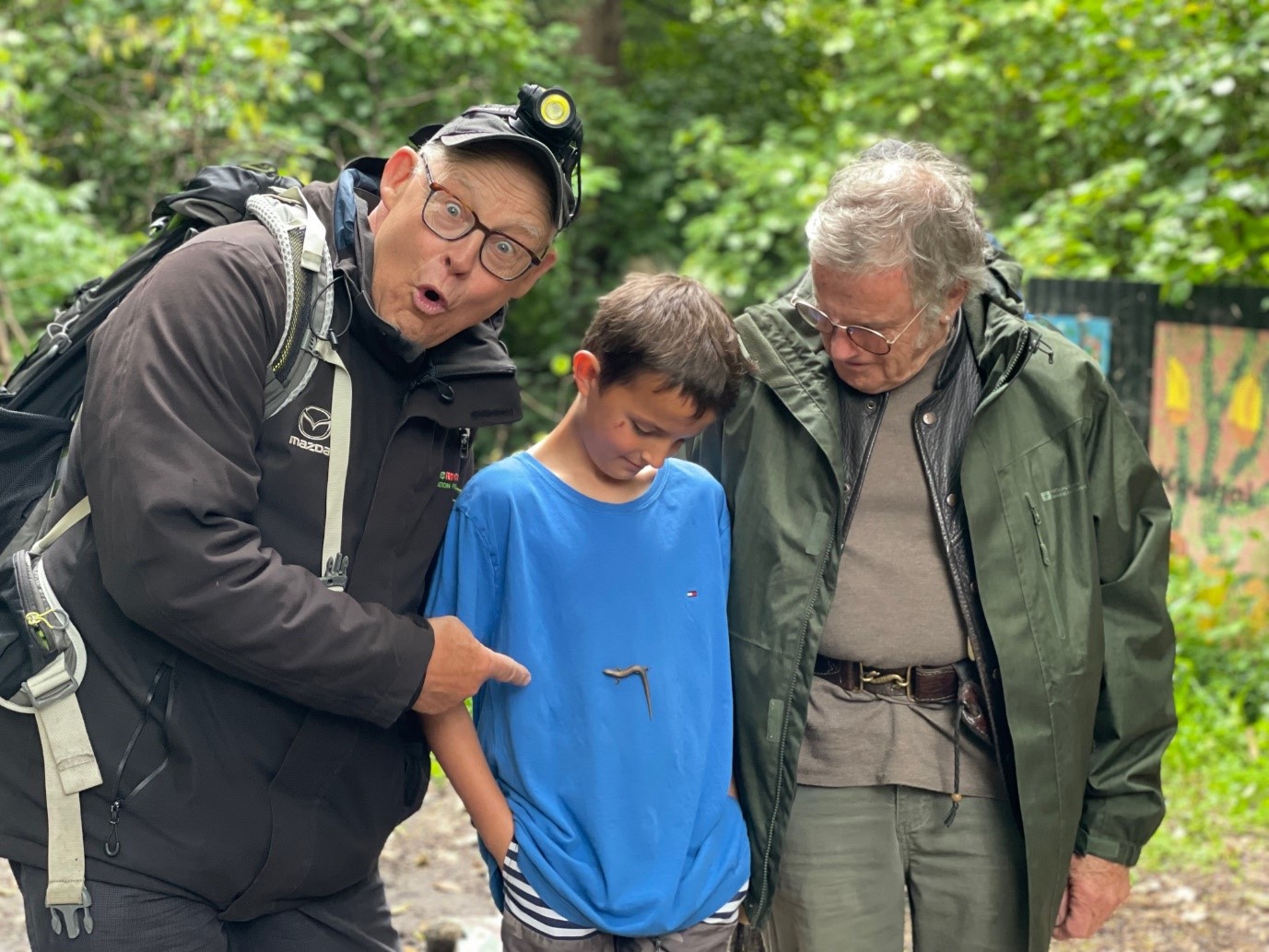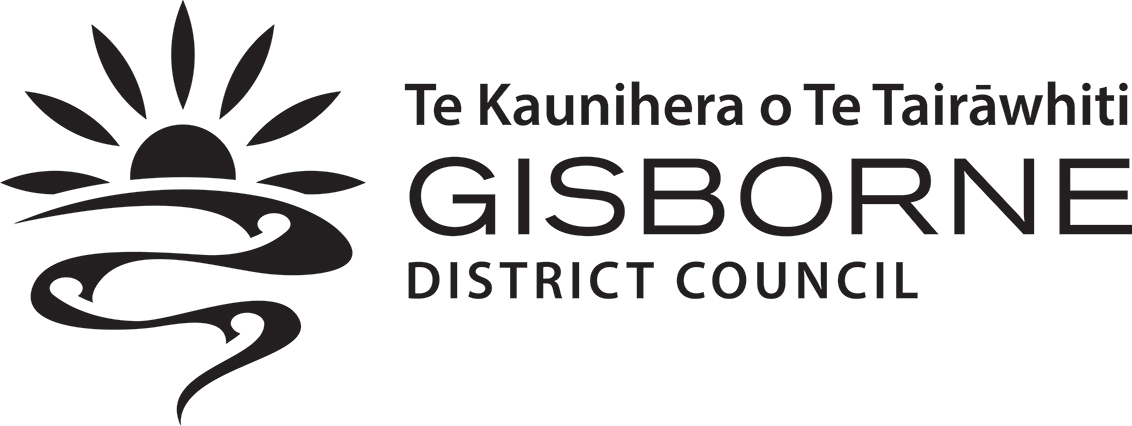Tuesday 28 November, 2023
Getting outside to teach is one of the most important parts of education, and the most important thing we can do for humanity and our planet, says outdoor education expert and naturalist Ruud Kleinpaste.
Ruud and John Lawry, also a nature expert, flew into Tairāwhiti last week to boost the confidence of teachers in our region to take their classes outside – whether it be for Maths, Spelling or Science.
“Being outside can become part of the curriculum more and these workshops have given teachers the courage to do that with their students,” says Council Educator and Enviroschools Facilitator Bridget Dick.
In collaboration with Wild Lab Tiaki Taiao, Council was successful in one-off funding from East Coast Exchange to bring these two experts into the region to increase resilience in the community after the two cyclones this year.
Wild Lab Facilitator Anne-Marie Vigeant says kids are always happy to play outside, even in the rain and the mud.
“We asked ourselves, how do we build up the teachers to be able to foster resilience in them to take kids outside for some of their classes?
“It doesn’t have to be an add-on part of the curriculum, teachers just need the courage to do it.”
The funding enabled John and Ruud to host night walks in Ruatorea and two workshops at Ngata Memorial College with teachers up the Coast. In Gisborne, the nature experts held four more workshops, and all of them had 15 teachers in each from a wide range of schools.
John, 73, says as he’s getting older he cares more about ensuring our young people have their potential optimised to become the generation of healers that they are.
“You can see with the younger generation that their energy is healing and restoring. We used to say eco-warrior, but that’s tended to be seen as political and economical now days.
“Post-covid, post-disasters – it’s a different energy now and the main thing we need to do is heal.”
The workshops focussed on giving teachers the confidence to take their learners outdoors.
In turn, teachers spoken to after the workshops say they felt nourished, seen and recognised for what they do.
Te Wharau teacher Maiko Lewis-Whaanga says whenever she brings her class outdoors, nature is very calming for everyone and the students love it.
Nature expert Ruud Kleinpaste says giving teachers confidence to take their classes outside was the number one reason he wanted to come to Tairāwhiti to help increase resilience in the community.
“Go for a walk, find stuff and use that as the beginning of all the sort of stuff you can do in schools, the whole curriculum, you name it.
“And Number two is slowly becoming nature literate.”
Ruud says he knows the teachers he and John engaged with last week, “totally got it in the end”.
“Because you don’t need to know everything, you can say ‘I don’t know but I’ll find out’.
“And then work towards, ‘what is it that these things do?’
“All these organisms, these plants, these trees, these birds, these insects, these spiders, these funny little cave weta – what do they do inside that eco-system?
“And then suddenly you immerse yourself into a journey that teaches you exactly how nature operates.
“You can sum it up by saying they rediscover, very slowly, the operations manual of Planet Earth.”
Ruud says the most encouraging thing he learned this week personally, is there are organisations that understand how important it is to go out there to the schools, engage with the teachers, engage with the kids and actually bring nature into their hearts.
“So, whoever funded this, whoever made this happen, I love you for it, and this is why I’m part of this, I’ll always be part of this.
“This is the most important thing we can do for humanity and the planet.”
Picture below: World-renowned nature experts Ruud Kleinpaste and John Lawry were funded to visit Tairāwhiti last week to teach our teachers how to have more courage to take their kids outside for their classes. Pictured with the duo is Te Wharau student Ted Bolton-Riley, 8, who found a skink in the bush behind their school.

